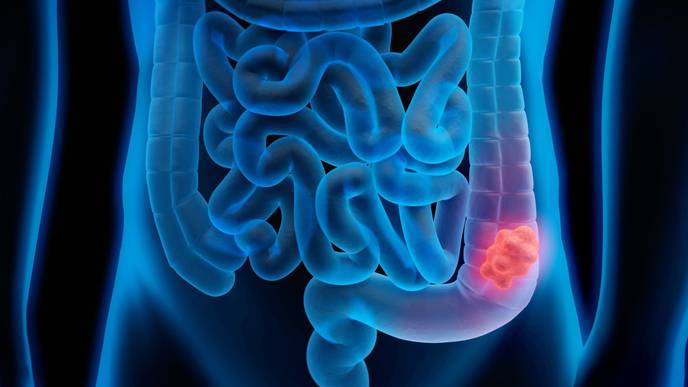ReachMD
Be part of the knowledge.™HER3: A Key Survival Pathway & Therapeutic Target in Metastatic Colorectal & Pancreatic Cancer

by Impact Journals LLC
A new research perspective titled "HER3- A key survival pathway and an emerging therapeutic target in metastatic colorectal cancer and pancreatic ductal adenocarcinoma" has been published in Oncotarget.
Colorectal cancer (CRC) and pancreatic ductal adenocarcinoma (PDAC) are highly metastatic cancers with poor survival rates. The tumor microenvironment has been shown to play a critical role in cancer progression and response to therapies. Endothelial cells (ECs) are a key component of the tumor microenvironment and promote cancer cell survival by secreting soluble factors that activate cancer-promoting signaling pathways.
In this new perspective, researchers Omkar Desai and Rui Wang from Case Western Reserve University and University Hospitals Cleveland Medical Center discuss their studies and others that have identified HER3 as a key mediator of liver EC-induced chemoresistance and cancer cell growth in metastatic CRC and PDAC.
The researchers explain, "In complement to our studies, prior preclinical studies have shown that HER3-targeted therapies with antibodies and inhibitors have been effective in blocking tumor growth in several types of cancers, specifically breast cancer, head and neck squamous cell carcinoma (HNSCC), PDAC, and non-small cell lung cancer (NSCLC). However, translating the preclinical findings to clinical studies has shown limited impact on patient outcomes."
VIDEO
In this article, the researchers discuss that HER3-targeted therapies may be effective in treating patients with HER3-expressing CRC and PDAC, and highlight the importance of applying HER3 expression as a predictive biomarker for patient response to HER3-targeted therapies. They also discuss the challenges encountered in past clinical trials of HER3-targeted therapies, including the role of NRG1 gene fusions, alternative HER3 activation mechanisms, and adaptive resistance mechanisms. Finally, the team concludes by suggesting the future directions of HER3-targeted therapies, including novel approaches to overcome chemoresistance and promote cancer cell death.
"In summary, we discovered that the surrounding liver EC microenvironment plays a key role in activating HER3 and promoting cell survival in mCRC and mPDAC, and potentially other types of cancer that metastasize to the liver," the researchers conclude.
More information: Omkar Desai et al, HER3- A key survival pathway and an emerging therapeutic target in metastatic colorectal cancer and pancreatic ductal adenocarcinoma, Oncotarget (2023). DOI: 10.18632/oncotarget.28421
Provided by Impact Journals LLC
Citation: HER3: A key survival pathway and therapeutic target in metastatic colorectal and pancreatic cancer (2023, May 24) retrieved 2 June 2023 from https://medicalxpress.com/news/2023-05-her3-key-survival-pathway-therapeutic.html
This document is subject to copyright. Apart from any fair dealing for the purpose of private study or research, no part may be reproduced without the written permission. The content is provided for information purposes only.
Recommended
A Look at the Treatment Landscape for Gastroparesis
GI InsightsA Look at the Treatment Landscape for Gastroparesis



Facebook Comments